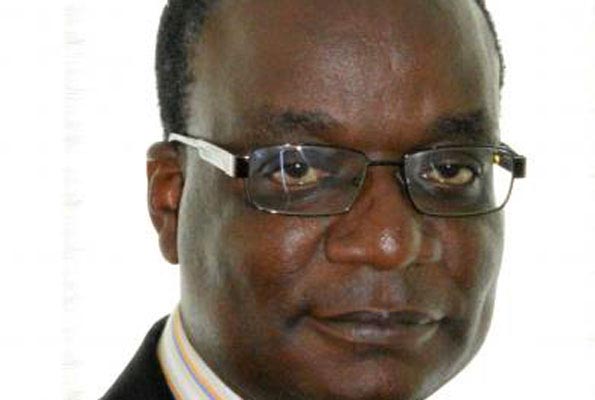The Uganda Retirement Benefits Regulatory Authority (URBRA) has warned unlicenced schemes to stop operations with immediate effect, saying their activities are illegal and violate the URBRA Act 2011.
‘Members of the public are hereby notified that unlicenced schemes, trustees, administrators, custodians and fund managers are not permitted to offer any service envisaged under the URBRA Act’, says Chief Executive Officer David Nyakundi Bonyi says in a public notice.
URBRA was established to oversee and regulate the establishment, management and operation of retirement benefits schemes in Uganda and to protect the interest of members and beneficiaries of all schemes.
As of January 31, 2018 URBRA had registered 63 retirement benefits schemes in the country and over 190 individual trustees of the schemes. The most prominent one is Prof. Emmanuel Tumusiime-Mutebile who is a trustee of Bank of Uganda (BoU) Defined Benefits Scheme. Mutebile is the BoU Governor.
On the other hand, licenced corporate trustees so far registered are; KCB Uganda Ltd, VIVO Energy Uganda Ltd, and Jomo Investments and Trustee Services Ltd.
URBRA has so far licenced nine administrators of schemes which include Prudential Assurance Uganda Ltd, UAP Insurance Uganda Ltd, Insurance Company of East Africa Ltd, Alexander Forbes Financial Services, Jubilee Insurance Company Uganda Ltd and Octagon Uganda Ltd among others.
Further URBRA says it has licenced seven fund managers in the country. They include; Sanlam Investments EA Ltd, Stanlib Uganda Ltd, African Alliance, UAP Financial Services Ltd and ICEA Asset Management Uganda Ltd, among others.
Meanwhile URBRA has so far licenced five custodians of funds generated by schemes. They are Housing Finance Bank, Bank of Africa, Stanbic Bank, KCB Bank and Standard Chartered Bank.
According to URBRA officials, the different players in the retirement benefits schemes ensure the operation of the principle of checks and balances, hence keeping members’ contributions free of investment risks.
The developments come at the time when government has tabled a bill to liberalize the local pension sector and should Parliament pass it, it will open up the market for other players to receive monthly money contributions of employees mainly in the private sector as well as NGOs. Currently, the National Social Security Fund (NSSF) is the only institution mandated by law to collect contributions.







